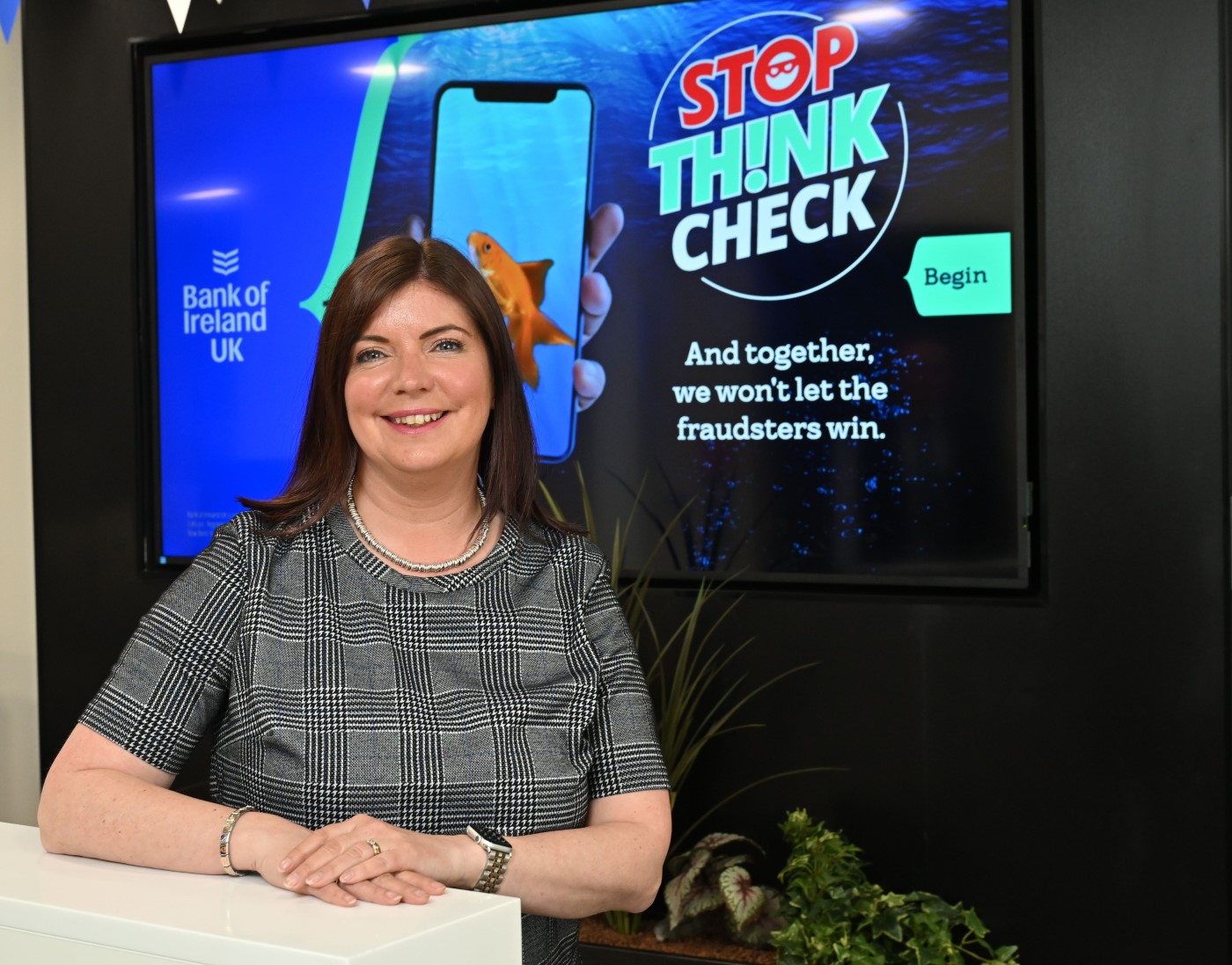Bank of Ireland warns customers on holiday to be extra vigilant for fraud

Bank of Ireland is warning customers to be extra vigilant of fraud when travelling on holidays. The Bank is reminding customers to check their banking details prior to travelling, be alert to potential signs of scams while away and if an offer looks too good to be true, it could be fraud.
Preparation
Prior to travelling, customers should take the time to confirm their card details are in-date, so that cards are valid throughout the holiday. Customers should also save the contact numbers of their bank’s customer service line, travel insurance provider and airline helpdesk, in case of any emergencies.
Try to keep credit and debit cards in separate locations so that if a purse or wallet is stolen, you have an alternative. If a card is lost or stolen, contact the bank through the app or customer service line and freeze the account immediately.
Make sure that you check your text messages when you’re abroad so you don’t miss alerts that the Bank might send about potential fraudulent transactions.
Using cards on holidays
When using a card to pay, make sure it is always within view to avoid it being cloned. Fraudsters can illegally collect data from the magnetic stripes of a bank card, and customers should keep a close eye on transactions when they are taking place. Where possible, use chip and PIN for payment.
When withdrawing cash from cash machines, avoid machines that are in poor condition and look out for the following:
- Be aware of ‘shoulder surfing’ in an ATM queue – don’t get side-tracked by others when using the machine and take care not to let anyone see your PIN.
- Be especially mindful if withdrawing larger amounts of cash.
- Have your card ready when going to cash machines, to avoid searching through a wallet or handbag to find it.
Also remember that your phone is more than your contacts, photos and messages, if you have your bank cards stored in your digital wallet or if there is access to banking apps it’s important to keep it secure. Make sure that where possible you’ve enabled fingerprint or face biometrics instead of using codes which fraudsters might see.
Accommodation scams
Accommodation scams are becoming an increasingly significant concern for holidaymakers with the rise in popularity of online booking and third-party websites. Rental accommodation scams are designed to trick customers into paying for accommodation which is not available for rent or does not exist.
Try to book through established letting agent, but if booking directly request proof of identification from the landlord.
Quick reporting
Anyone who suspects they have been a victim of fraud should contact their bank immediately so that the bank can try to stop the fraud and try to recover funds.
Bank of Ireland customers can call the Fraud Team 24/7 on the Freephone line 0800 121 7790, or if outside the UK – 00353 567 757 007.
Allison Ewing, UK Fraud Customer Experience Manager, Bank of Ireland said: “With the summer holiday season now upon us we’re reminding customers of some simple steps they can take to help protect themselves from fraud.
“Before going on holidays this year, whether staycation or abroad, we are asking customers to take a minute and put our emergency contact numbers into their phones – that’s 0800 121 7790, or if you’re calling from outside the UK – 00353 567 757 007. Our teams are available 24 hours a day, 365 days of the year to speak with customers who need support.
“When on holiday we’re more likely to be relaxed, but it’s important to keep your guard up and be aware of potential fraud attempts. Small things can make a big difference, such as keeping your credit and debit cards in separate locations, confirming your card details are in order before you depart, and being alert when paying for items or using ATMs.
“Our message to all consumers is clear – Stop, Think and Check, if an offer sounds too good to be true, it probably is. If you think you have been the victim of a fraud get in touch with your bank as quickly as possible.”